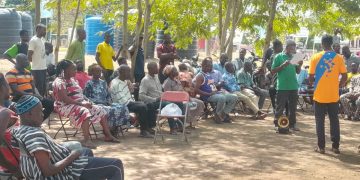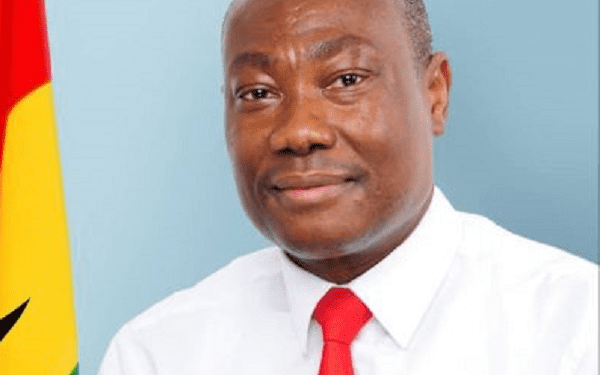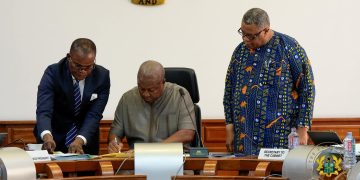A confidential source at Ghana’s Minerals Commission has confirmed that the government has officially rejected an application by Gold Fields Limited to extend its Damang mining lease raising serious questions about compliance, resource exhaustion, and the future of foreign-controlled mining operations in Ghana.
Gold Fields, one of the world’s top gold producers, had sought a 30-year renewal for its lease at the Damang site, operated by its subsidiary, Abosso Goldfields Limited.
But less than a week before the current lease expires on April 18, 2025, the company has been informed that its application has been denied.
Internal documents reviewed by Kumasi Mail, including a memo sent to staff on April 12, 2025, confirm that the lease renewal was formally rejected—effectively marking the end of a 30-year operational cycle that began in 1995.
But what led to the rejection?
An investigation into Gold Fields’ own 2024 Annual Report by www.kumasimail.com reveals a trail of red flags: no declared mineral reserves at Damang, no mining activity since 2023, and no funds allocated for exploration in 2024.
Instead, the company has relied solely on processing stockpiles, suggesting the mine has exhausted its economically viable resources.
Industry analysts say the rejection signals a shift in Ghana’s mining policy toward stricter enforcement of compliance under the Minerals and Mining Act, 2006 (Act 703), which mandates proof of viable reserves and operational plans for lease renewals.
The Minerals Commission’s position appears rooted in this law: without declared reserves or investment in new exploration, Gold Fields has failed to meet the material criteria necessary for a lease extension.
While Ghana retains a 10% stake in both the Damang and Tarkwa operations, the implications of the lease rejection are significant.
According to Gold Fields’ 2024 report, the two Ghanaian mines contribute a staggering 32% of the group’s global gold output.
The loss of Damang could dent the company’s production capacity and shift its regional investment strategies.
The decision also renews debate over foreign dominance in Ghana’s extractive sector.
Some experts argue the case underscores the urgent need to indigenize mining operations and ensure Ghana’s natural wealth directly benefits its citizens not just foreign shareholders.
As the curtain falls on Damang, one thing is clear: in the new era of resource accountability, mining leases can no longer be granted in perpetuity.
Source :www kumasimail.com

































































